Search
Remove Ads
Advertisement
Summary 
Loading AI-generated summary based on World History Encyclopedia articles ...
Search Results
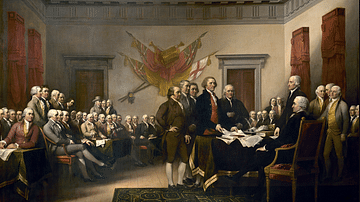
Definition
Social Contract
The social contract is an idea in philosophy that at some real or hypothetical point in the past, humans left the state of nature to join together and form societies by mutually agreeing which rights they would enjoy and how they would be...
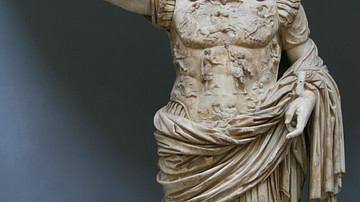
Article
Augustus' Political, Social, & Moral Reforms
Augustus is well known for being the first Emperor of Rome, but even more than that, for being a self-proclaimed “Restorer of the Republic.” He believed in ancestral values such as monogamy, chastity, and piety (virtue). Thus, he introduced...
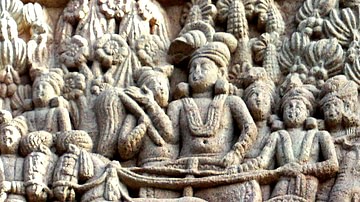
Article
Social, Political & Economic Landscapes in Kautilya's Arthashastra
The Arthashastra (or Arthaśāstra) is one of the oldest surviving treatises on statecraft. There is considerable debate about the dating and authorship of the text; it underwent compilation, recension, and redaction several times over the...

Article
The Delian League, Part 6: The Decelean War and the Fall of Athens (413/2-404/3 BCE)
This text is part of an article series on the Delian League. The sixth and last phase of the Delian League begins with the Decelean War, also referred to as the Ionian War, and ends with the surrender of Athens (413/2 – 404/3 BCE). The final...

Definition
Athens
Athens, Greece, with its famous Acropolis, has come to symbolize the whole of the country in the popular imagination, and not without cause. It not only has its iconic ruins and the famous port of Piraeus but, thanks to ancient writers, its...

Article
The Plague at Athens, 430-427 BCE
In the second year of the Peloponnesian War, 430 BCE, an outbreak of plague erupted in Athens. The illness would persist throughout scattered parts of Greece and the eastern Mediterranean until finally dying out in 426 BCE. The origin of...
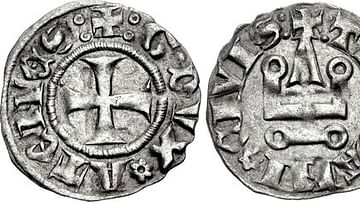
Definition
Duchy of Athens
The Duchy of Athens was a Latin or Frankish state in Greece that existed from 1205 to 1458 CE. It was created in the aftermath of the Fourth Crusade (1202-1204 CE) and would be ruled for the majority of its history by the Burgundian de la...

Definition
Social War
The Social War (also called the Marsi War or the War of the Allies) of 91-87 BCE was the result of decades of contention between Rome and its Italian allies. Roman warfare relied heavily on the Italian allies (socii), but the Roman Republic...
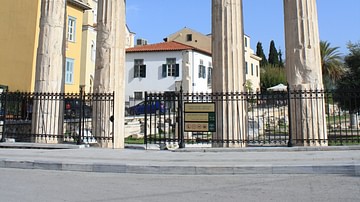
Article
Hellenistic & Roman Agora of Athens
Pericles’ agora of Athens flourished under Macedonian control. After Macedon was defeated by Rome, the Romans added to the district even before Greece was taken as a province and more so afterwards. The Roman version of the agora continued...

Article
Life of Plato of Athens
Plato of Athens (424 or 423 to 347 BCE) was an ancient Greek philosopher whose work is considered so important that he may be called the inventor of philosophy as we understand the term today. Some people would want to reserve that honor...